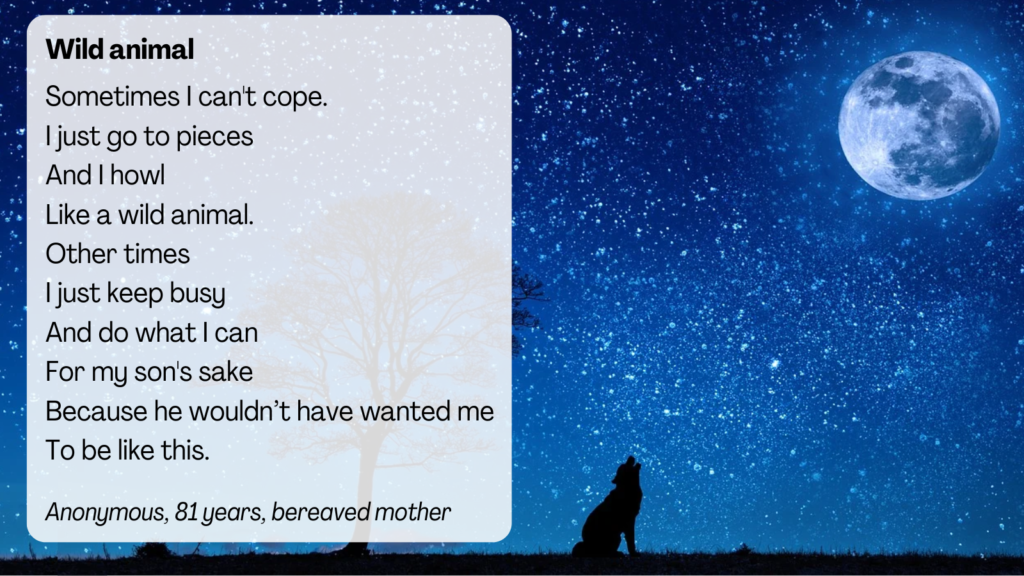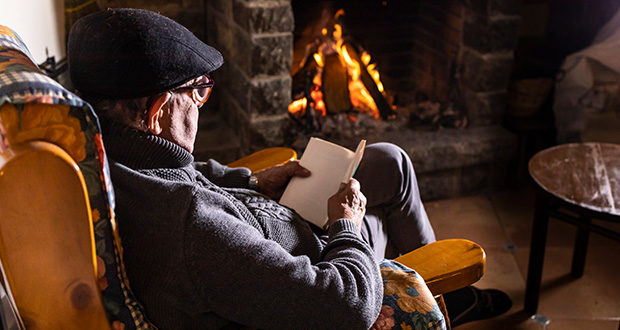The National Ageing Research Institute event 'The Poetry of Grief: An original performance where music, poetry, and research meet,' aspires to support the many people feeling isolated after significant loss by engaging in music and poetry.
"There's so much love and gratitude mixed into grief that people often ignore for those who are grieving and find it hard to talk about," research fellow Dr Katrin Gerber says.
"So why not poetry and music? I often feel that poems and music have the power to bypass that very critical nagging part of your brain and go straight to your heart.
"In our performances, we want to share the deeply inspiring, emotional and incredibly human stories that we have collected."
Aged Care Insite spoke with Katrin about how poetry can challenge you to come face to face with grief's strong emotions while also soothing feelings such as isolation and loneliness.

Email [email protected]
 Aged Care Insite Australia's number one aged care news source
Aged Care Insite Australia's number one aged care news source


For those who are interested in ‘The Poetry of Grief’, here is the link with details about upcoming performances in Melbourne: https://www.nari.net.au/performance-poetry-of-grief
And here is our digital poetry exhibition: https://www.nari.net.au/Pages/Site/marc/Category/poetry-exhibition
What a wonderful idea. I believe that grief is often under-acknowledged in older people – as if somehow being ‘old anyway’ doesn’t count so much, as if with age they have grown immune to pain. They have not. So often and quite naturally, as people age so also do their families and friends. The longer a person lives, the more loss they will have to deal with. If life lived is long and relatively healthy, a parent may experience the loss of a ‘child’ as in the poem above shared in this article, ‘Wild Animal’. The ‘child’ may be 60+ years old, but to the parent, they will always be ‘my baby’. They will perhaps lose a life-long husband or wife, or a dear friend of 70 years. The grief does not lessen in intensity or pain because those left behind are aging. Perhaps more so, they internalise the grief, and get stuck in depression rather than go through all the ‘healthy’ stages of grief, because they have no choice or desire to seek out help. There may be no one to listen to them share their stories and memories. I wish Dr Katrin Gerber and all involved great success with the performances and the exhibition, and perhaps growth into other Australian states. Thank you, Carol.
Agree with Carol – such a worthwhile project Katrin.
You/readers might also be interested in the following two articles published recently 1. Good Grief (Reflections on a dreaded emotion) by Joseph Epstein published in Culture & Civilisation July/August 2022 (I have the word file but not able to upload) and 2. Losing a parent changes not just us, but our whole world’, by Ian Kerridge in The Australian, July 2, 2022.
Regards,
Sara